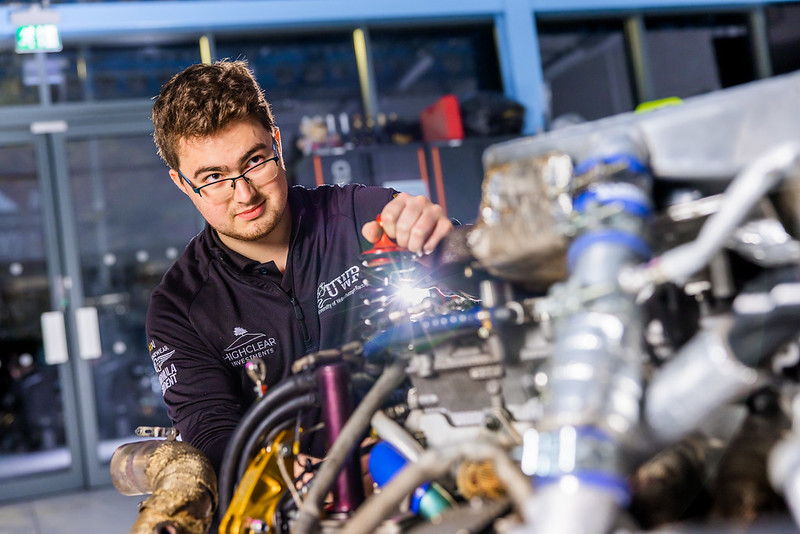-content-type-block-(17)-1.png)
The below projects, for PhD and MPhil study, exemplify our areas of research expertise at the University of Wolverhampton.
If you are interested in completing a research degree in the below areas, or variations of them, please copy and paste the project directly into the application.
We can then move your application ahead with that project, which will save you needing to devise or prepare a project yourself.
Applications can be made via: https://www.wlv.ac.uk/research/research-degrees/


/prod01/wlvacuk/media/departments/digital-content-and-communications/images-18-19/iStock-163641275.jpg)
/prod01/wlvacuk/media/departments/digital-content-and-communications/images-2024/250630-SciFest-1-group-photo-resized-800x450.png)
/prod01/wlvacuk/media/departments/digital-content-and-communications/images-18-19/210818-Iza-and-Mattia-Resized.jpg)
/prod01/wlvacuk/media/departments/digital-content-and-communications/images/Maria-Serria-(teaser-image).jpg)
/prod01/wlvacuk/media/departments/digital-content-and-communications/images-2024/241014-Cyber4ME-Project-Resized.jpg)
/prod01/wlvacuk/media/departments/digital-content-and-communications/images-18-19/210705-bric_LAND_ATTIC_v2_resized.jpg)
-content-type-block-(10).png)
-content-type-block-(19)-1.png)
-content-type-block-(13).png)
-Content-Type-Block-(3)-1.png)
-content-type-block-(3)-1.png)


-content-type-block-(4).png)
